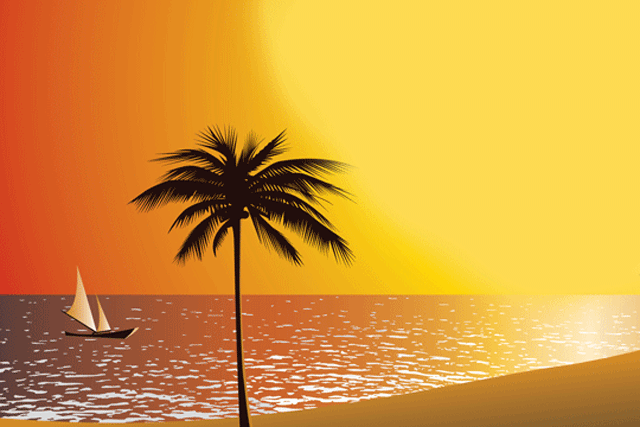However digital the world becomes, if you are anything like me, your holiday packing still includes a sheaf of well-travelled magazines or torn-out sections of newspapers you've been meaning to read for a while.
At the moment I'm carrying around an Emirates in-flight magazine with what looks like an interesting piece on the rise and fall and rise again of soccer in the US, an old copy of a Land Rover magazine, last month's Monocle and Wired, and two back issues of The London Library Magazine, which I always get round to in the end, as a reminder of the alter ego I have not yet lived.
My bet is that a fair few of you are reading this August edition of Marketing on a beach, a plane, a recliner or even by a pool. You may be slightly hazy from the unaccustomed combination of lunchtime rose and sunshine. Worst case, if you roll up the new-look Marketing, it will make a formidable weapon against cockroaches encroaching upon bare feet.
Holidays are a chance for marketers to reset the habits that denude our originality of thought and action.
Holidays are, though, for marketers more than most, a chance to get away and reset the trammelled preconceptions and habits that denude our originality of thought and action. All the best creative directors I've met have a strong point of view on this. Go to the cinema they say, don't wear headphones in the street as it insulates you from the world around you, take different routes to work, take your full holiday quota ... do anything that will challenge your assumptions and expose you to the new.
Supermarkets in foreign climes are a good place to start. Try to seek out the ones the locals use, not the cookie-cutter tourist traps that will be full of depressingly familiar names and packs. Look at what the real local people are buying, grab all the merchandise you can, study the loyalty cards that everyone uses.
If you are really lucky and somewhere exotic, you'll strike gold and find a household product with a wonderfully inappropriate name or a piece of point-of-sale material that just doesn't travel. I shared an office with a lovely planner recently who proudly sported a bottle of Spunk, a notable Japanese energy drink, on his window sill. To this day I still have a photograph I took in an Asian supermarket promoting "Young c*** with pulp" on special offer at $2.60 for three (a fair price, I think you'll agree).
The point of this, beyond any infantile amusement, is to see whether different people do the same things differently in different countries and cultures, and what can we learn from them. Local ads, even in this world where everyone proudly claims "internationalista" status, still hold invaluable lessons. Be sure to buy a clutch of local-language newspapers and work your way through the ads. If you are a sector specialist, seek out the part of town that does your thing, and nip off for a busman's holiday among the familiar and the new of the car district, or consumer-electronics street.
Marketing treasures
Obviously, TV is a rich panoply of marketing treasures. Once upon a time, in another life, I was spending quite a bit of time in
More recently, I stumbled across the cult of Doomsday Preppers (or Preppers for short) a National Geographic Channel series devoted to assessing the efforts of survivalists in the more rural parts of the
Other prepper families spend a week of their precious two-week annual holiday allowance living rough off the land, 100 miles from the nearest town, in a simulation of the world after the collapse of civilisation.
And unless you happen to be holidaying in
This is the difference a connected world makes, for good and for ill. On the one hand, using what you find in presentations and briefings has never been easier. On the other, uncontrolled, omnipresent smartphones and unlimited roaming tariffs can bring Clapham to
So be disciplined. Switch it off, get away from it all, and stop reading Marketing on your holiday.


